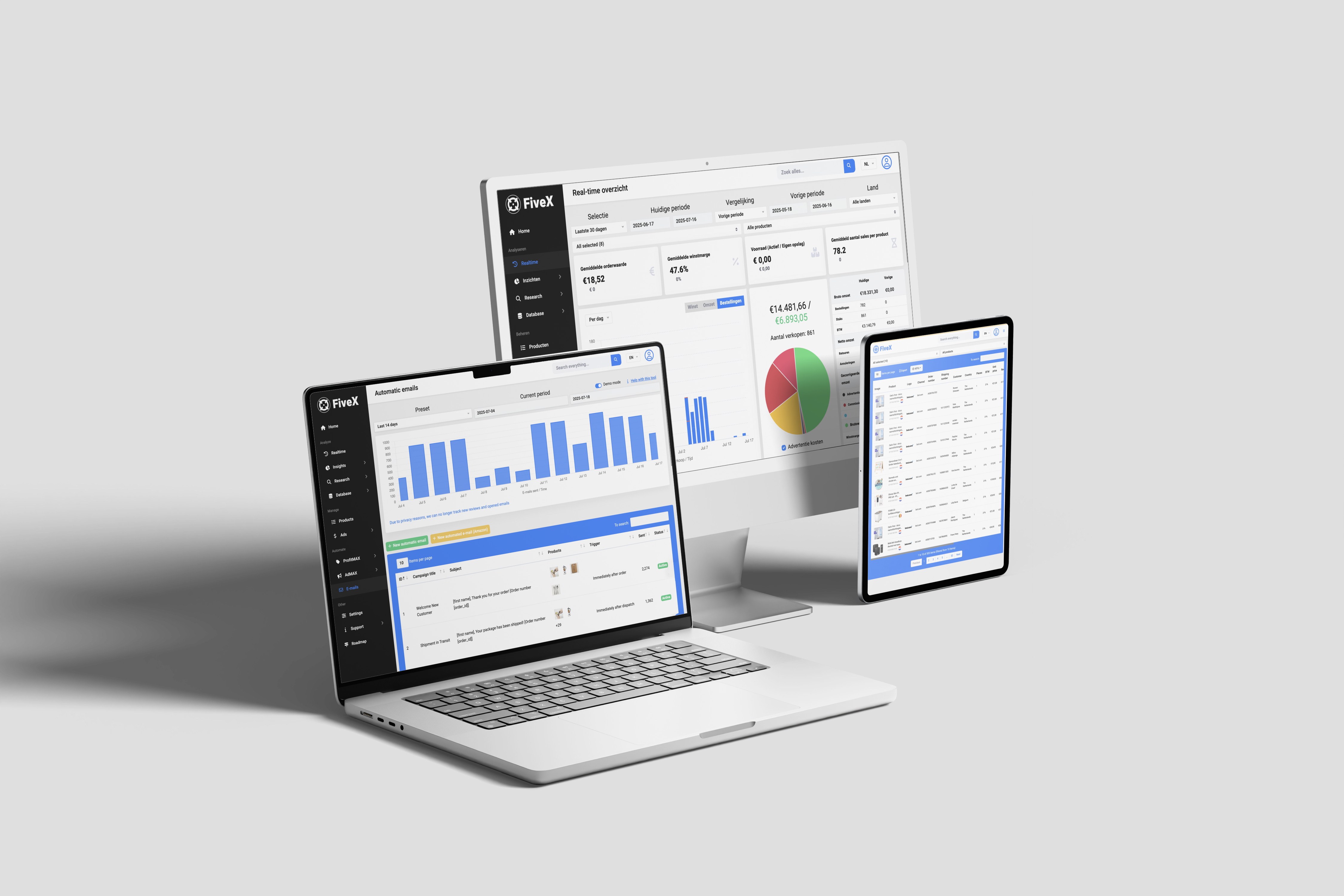The logistics industry stands at a critical crossroads, where environmental responsibility and operational efficiency converge. As the third-largest producer of global greenhouse gases, this sector is undergoing a transformative journey towards sustainability that promises to reshape supply chains and protect our planet.
The Rising Tide of Green Logistics
Consumer demand is driving an unprecedented shift in logistics practices. An astounding 80% of worldwide consumers are now willing to pay premium prices for eco-friendly products, signaling a fundamental market transformation. The green logistics market is not just growing—it's exploding, with projections showing a leap from $50 billion in 2025 to an estimated $350 billion by 2030.
Key Sustainable Strategies Reshaping Transportation
Innovative companies are implementing comprehensive green strategies across multiple domains:
- Transitioning to electric and hydrogen vehicles
- Adopting alternative fuels like Hydrotreated Vegetable Oil (HVO)
- Implementing advanced routing systems to minimize carbon emissions
- Utilizing IoT sensors for real-time efficiency monitoring
Technology: The Backbone of Sustainable Logistics
Cutting-edge technologies are revolutionizing how logistics companies approach sustainability. Specialized software now enables businesses to:
- Track precise emissions levels
- Optimize transportation routes
- Measure and reduce energy consumption
- Make data-driven operational decisions
Energy-Efficient Warehousing
Beyond transportation, warehousing is undergoing a green makeover. Modern facilities are implementing:
- LED lighting systems
- Advanced HVAC optimization
- Automated technologies to reduce electricity consumption
The Economic and Environmental Imperative
Sustainability is no longer a choice but a strategic necessity. Companies that embrace green logistics are not just reducing their environmental footprint—they're positioning themselves as forward-thinking leaders in a rapidly evolving marketplace.
Conclusion
As consumer expectations and regulatory pressures continue to mount, the logistics industry's commitment to sustainability will be a key differentiator. By investing in green technologies, optimizing processes, and prioritizing environmental responsibility, businesses can create a more resilient, efficient, and planet-friendly future.
Frequently Asked Questions
- What is green logistics?
Green logistics refers to the efforts to minimize the environmental impact of logistics operations by reducing carbon emissions, using sustainable technologies, and implementing eco-friendly practices. - Why is sustainability important in logistics?
Sustainability is crucial because it helps reduce environmental damage, meets growing consumer demand for eco-friendly practices, and can lead to long-term cost savings and operational efficiency. - How are technologies helping make logistics more sustainable?
Technologies like IoT sensors, AI-driven routing, and advanced monitoring systems help companies track, optimize, and reduce their carbon footprint more effectively.







